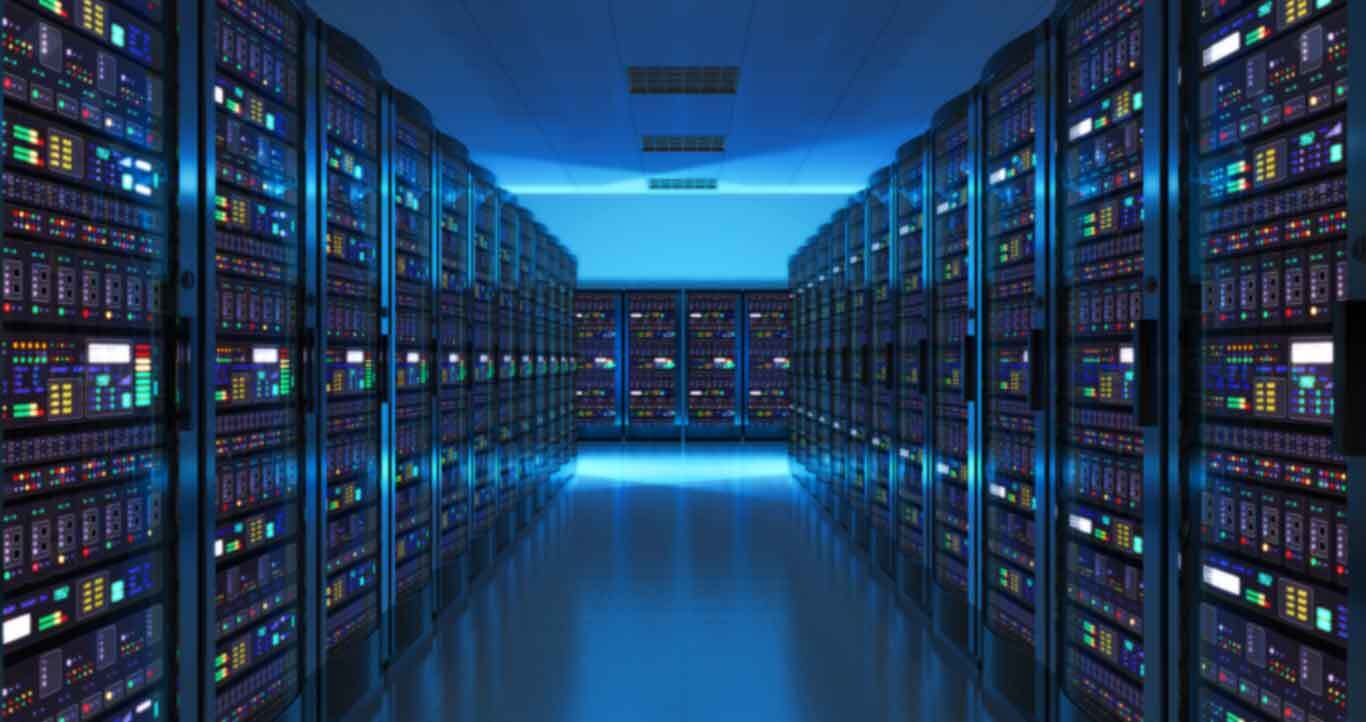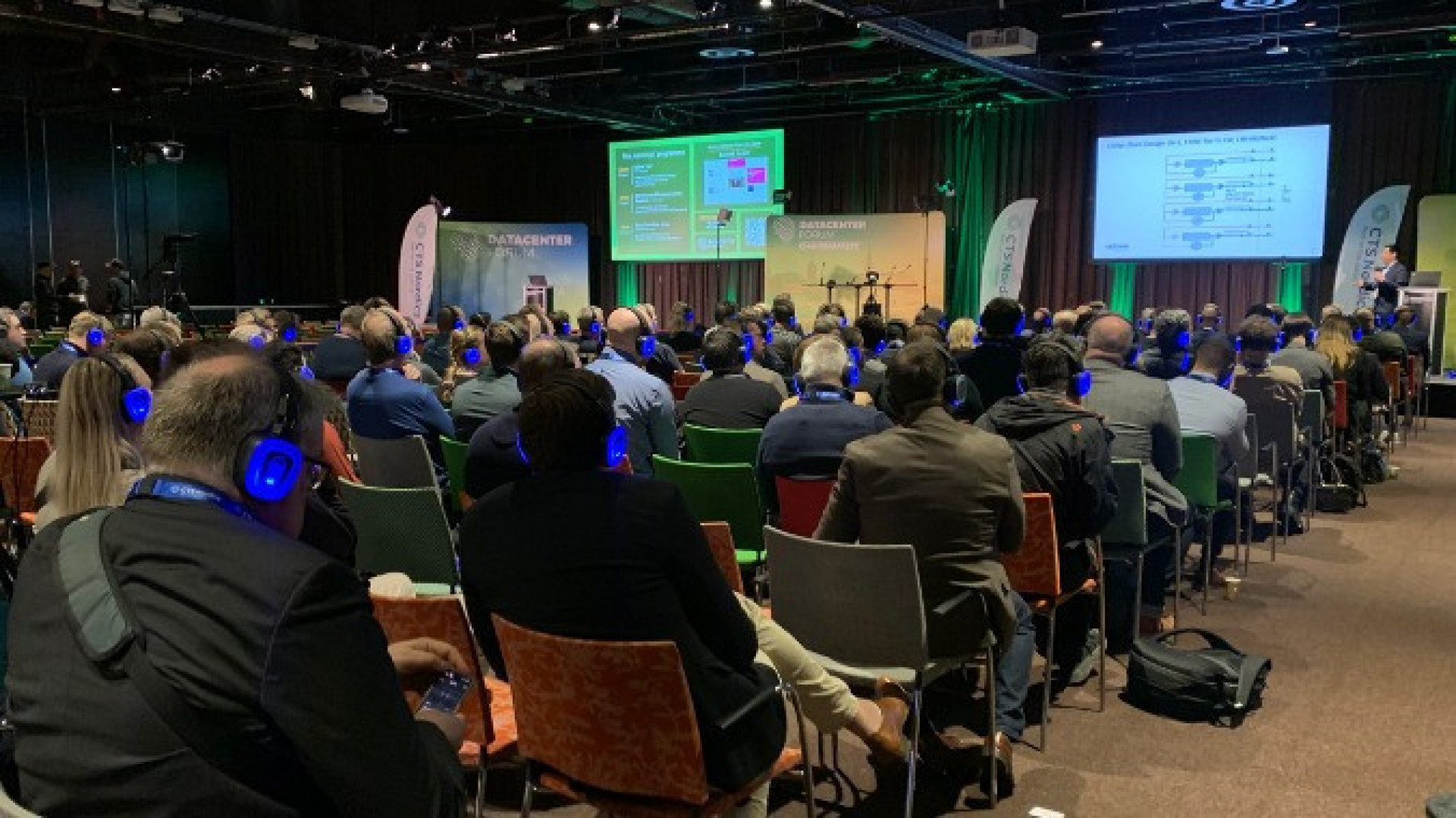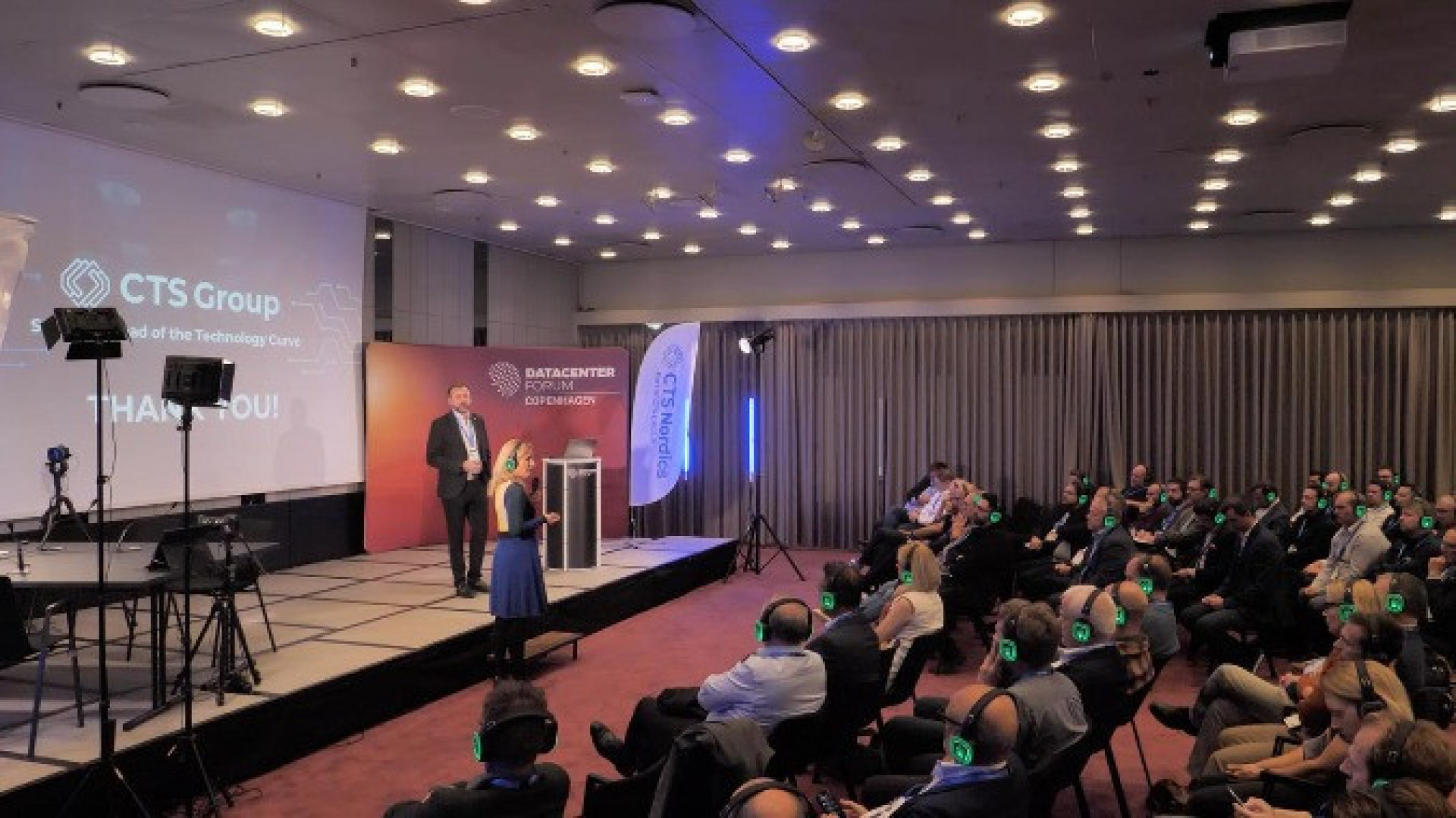The world's first usable quantum network was built in Delft, the Netherlands. It is a stepping stone to a long-dreamed, uncrackable internet that must allow quantum computers to communicate with each other.
Two has been successful for a while, but three is a world record. The new network that physicist Ronald Hanson built with colleagues in an underground laboratory at the quantum institute QuTech in Delft is the first of its kind, a quantum network that connects three physical points. The scientists write this in a pre-publication of their research results on the Arxiv.org website.
Physicists have been dreaming of a quantum network since the 1980s, when the first plans were made for computers that calculate with the contrary rules of quantum physics, the physics theory that describes the world on the smallest scale.
On that scale, reality behaves in ways that we, with our brains, trained in a world of meters, not nanometers or smaller, can imagine very little. For example, bits, the zeros and ones of information, can be zero and one at the same time in the quantum world. They're called Qubits.
This quantum calculation leads to computers that will far outperform the very best supercomputers for certain applications. In this way, quantum computers may in the future develop new medicines or materials that can unleash an energy revolution.
"A huge milestone"
Such computers do not fit on the "normal" internet, then they lose their quantum powers. Hence, Hanson and colleagues have now built a rudimentary version of an entirely new kind of Internet. One that makes use of so-called entanglement, a mysterious quantum connection. If you do something with one entangled qubit, it will immediately affect the other. Even if it is on Mars, so to speak.
However, entanglement is very sensitive to outside influence. A single measurement immediately breaks the connection. This means that you have to protect quantum connections properly, but the bycatch is that the information you send over them is also protected against hackers and eavesdroppers. This is because any "burglars" immediately destroy the connection.
Incidentally, the new lab network mainly serves as a proof of principle, proof that a quantum internet is also possible on a larger scale. For example, it does not yet connect quantum computers, but "only" separate qubits. Nevertheless, experts call the results spectacular. "A huge milestone," says quantum physicist Anton Zeilinger of the University of Vienna. According to quantum communications expert Siddarth Joshi of the University of Bristol, "this is a very important step for the researchers."
World First
Both physicists praise the firsts the researchers have made. This is the first setup in which three physical qubits are connected. Previously, this was only possible with the "loose" light particles, photons, that serve as information messengers. It is also the first time that a quantum network gives a signal that it is 'on'. In previous experiments, physicists could only determine this afterwards. Finally, for the first time, the network has its own quantum memory that can hold information for a while.
The result should make the route to a quantum internet a lot easier from now on. In the coming years, physicists want to conduct experiments on the network to make these types of connections more reliable and user-friendly. So that in the future you can connect a quantum computer to the quantum network just as easily as your mobile phone to 5G.














